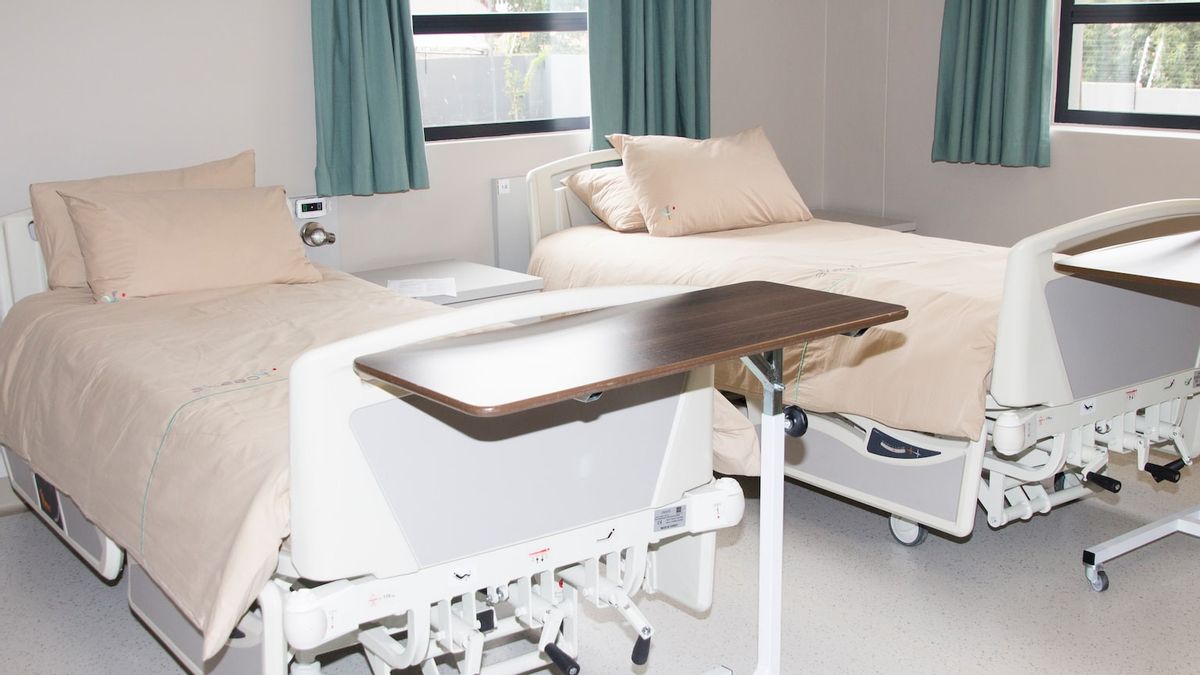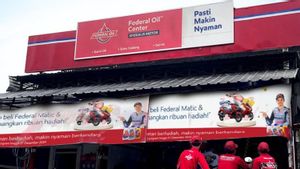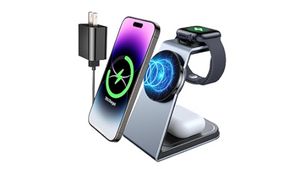JAKARTA - Good news! It's been two weeks, there have been no reports of additional new cases of acute kidney disorders in children.
"Until the last two weeks there have been no additional cases," said a spokesman for the Ministry of Health, pulmonary specialist Mohammad Syahril, quoted by Antara quoting Instagram @ikatodokterindonesia, Friday, November 18.
He said there were a total of 324 cases of acute kidney disorders in which 200 people died and 111 people had recovered, while 13 patients were being treated.
Patients who are treated have generally been undergoing treatment for a long time and the disease has entered stage three.
The World Health Organization recommends an bidder drug for Fomepizole to treat drug poisoning in patients with acute kidney disorders.
The government has brought Fomepizole from Singapore to Indonesia, which according to Syahril has made significant changes to acute kidney disorders patients whose disease is still in the early stages.
He invites the public to be careful and not to give careless medicine when dealing with the situation of sick children in the future.
"Many people give a little (give) medicine and don't try the natural method that their parents did (in the past)," he said.
The Ministry of Food and Drug Supervisory Agency has published a list of sirop drugs that were initially banned but have proven safe for consumption after being researched. The list will continue to be updated from time to time because there are hundreds of sirop drugs circulating in Indonesia and must be researched.
On Thursday (17/11), the Indonesian Food and Drug Supervisory Agency (BPOM) announced an additional 168 sirop medicinal products that were declared not to contain dangerous chemicals for the Glikol Propilen, Glikol Polyethylene, Sorbitol, and Gliselin/Gliserol which were associated with acute kidney disorders.
BPOM conducted an intensification of surveillance of the quality of medicinal mill products in circulation and additional raw materials using the counter-tracing method as a development of supervision in distribution channels.
Verification of the results of testing medicinal raw materials is carried out independently by the Pharmaceutical Industry (IF), including for EG/DEG contamination, in order to ensure the certainty of the safety and quality of drugaves.
This verification is carried out based on the fulfillment of criteria, including supplier qualifications, testing of raw materials at each arrival and each container, and ensuring testing methods follow the latest standards/pharmacopies.
The English, Chinese, Japanese, Arabic, and French versions are automatically generated by the AI. So there may still be inaccuracies in translating, please always see Indonesian as our main language. (system supported by DigitalSiber.id)













